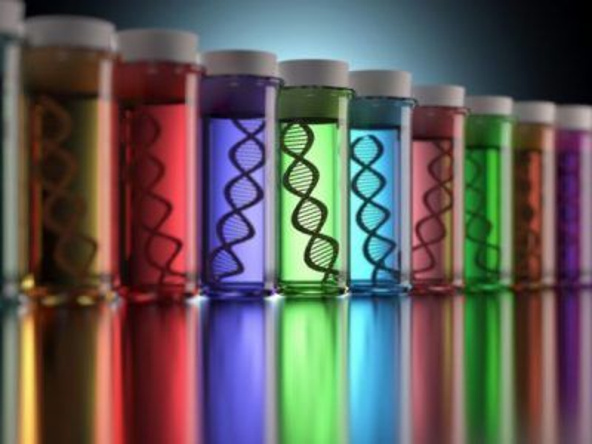Gilead Sciences, Inc. (NASDAQ: GILD) finally found a target worth pursuing. The pharmaceutical company, perhaps best known for its high-priced hepatitis-C drugs, Harvoni and Solvadi, placed its bets on Kite Pharma, Inc. (NASDAQ: KITE), hoping to cash in on the biotech’s promising technology for fighting cancer.
Gilead announced the acquisition of Kite Pharma for $180.00 per share, valuing the company at approximately $11.9 billion. The price represents a 29% premium to Kite’s closing price on August 25, 2017.
Kite Pharma is a clinical-stage biopharmaceutical company that develops and commercializes novel cancer immunotherapy products. It is developing a pipeline of engineered autologous cell therapy-based product candidates for the treatment of solid and hematological malignancies.
Kite’s most advanced therapy candidate, axicabtagene ciloleucel (axi-cel), is a CAR T-cell therapy currently under priority review by the Food and Drug Administration. Axi-cel, coupled with Kite’s manufacturing capabilities and its portfolio of technologies and therapy candidates, will serve as a foundation for Gilead’s efforts to build an industry-leading cell therapy franchise.
Kite has additional candidates in clinical trials in both hematologic cancers and solid tumors, including KITE-585, a CAR T therapy candidate that targets BCMA expressed in multiple myeloma.
Back in 2012, Gilead paid $11 billion to acquire Pharmasset (NADAQ: VRUS). The deal provided Gilead access to three hepatitis C virus clinical candidates that yielded Harvoni and Solvadi. They are now among the world’s top selling drugs.
In 2016, hep-C drugs accounted for 50% of Gilead’s total product sales. Due to increased competition with companies like AbbVie Inc. (NYSE: ABBV), Merck & Co. Inc. (NYSE: MRK), Bristol-Myers Squibb (NYSE: BMY) and Janssen Pharmaceuticals (NYSE: JNJ), coupled with a continued decrease in the average duration of hepatitis C treatment, Gilead anticipates a large decline in total product sales.
Gilead has been seeking targets that could diversify its portfolio since late last year. The addition of Kite Pharma will provide Gilead with a leading position in T-cell therapy, a new form of personalized medicine being studied in patients with cancer.
Prior to this acquisition, Kite Pharma spent the last few years bolstering its T- cell therapy pipeline. In July 2015, it acquired the exclusive worldwide rights to technology that advances the development of off-the-shelf allogeneic T-cell therapies from renewable pluripotent stem cells, also known as the ATO system, in a deal with the University of California Los Angeles. In connection with this agreement, Kite entered into a sponsored research agreement with UCLA to support ongoing preclinical research for the ATO system.
Two days later, Kite entered into a license agreement with the National Institutes of Health for the license to its fully human anti-CD19 chimeric antigen receptor-based product candidate directed against B-cell malignancies.
This was not Kite’s first deal with the National Institutes of Health, as they purchased a license to T-cell receptor candidates in June of 2014 for an undisclosed amount. Then, in 2015, Kite Pharma entered into another license deal for T-cell receptors with the Netherlands Cancer Institute. This deal followed Kite’s $21 million purchase in March 2015 of T-Cell Factory B.V., a company focused on discovering and developing tumor-specific T-cell receptors.


